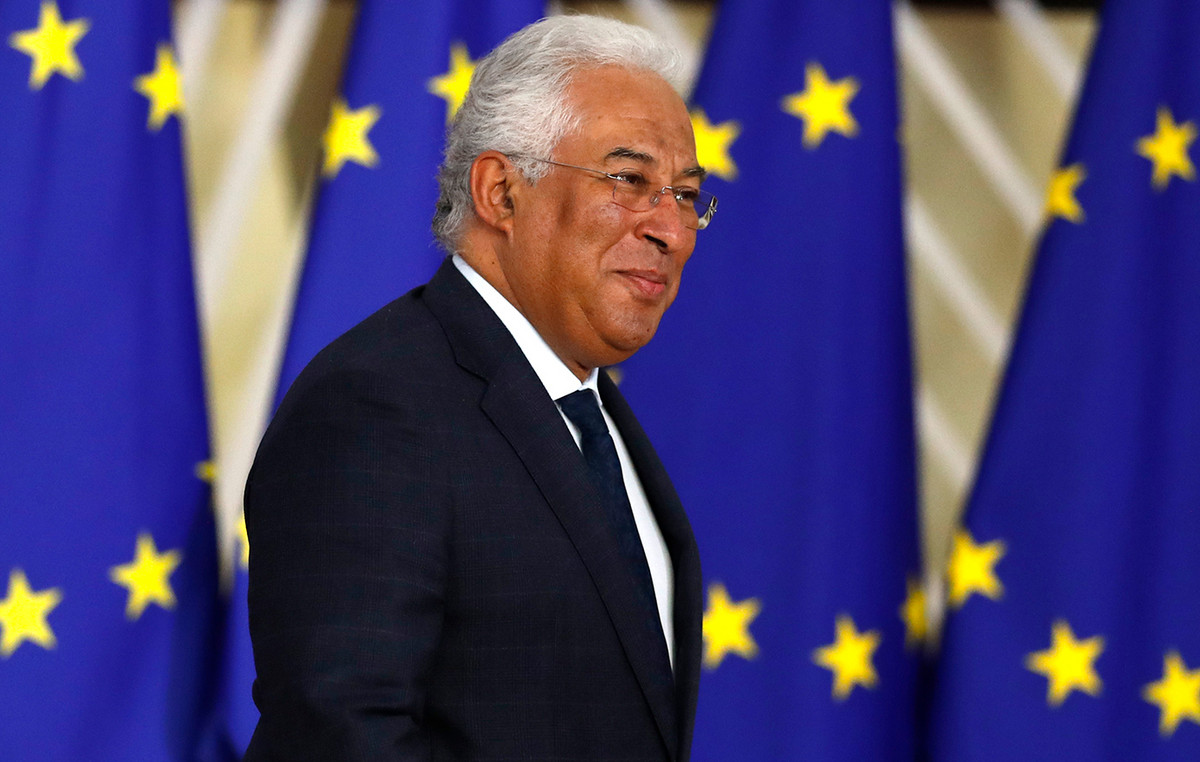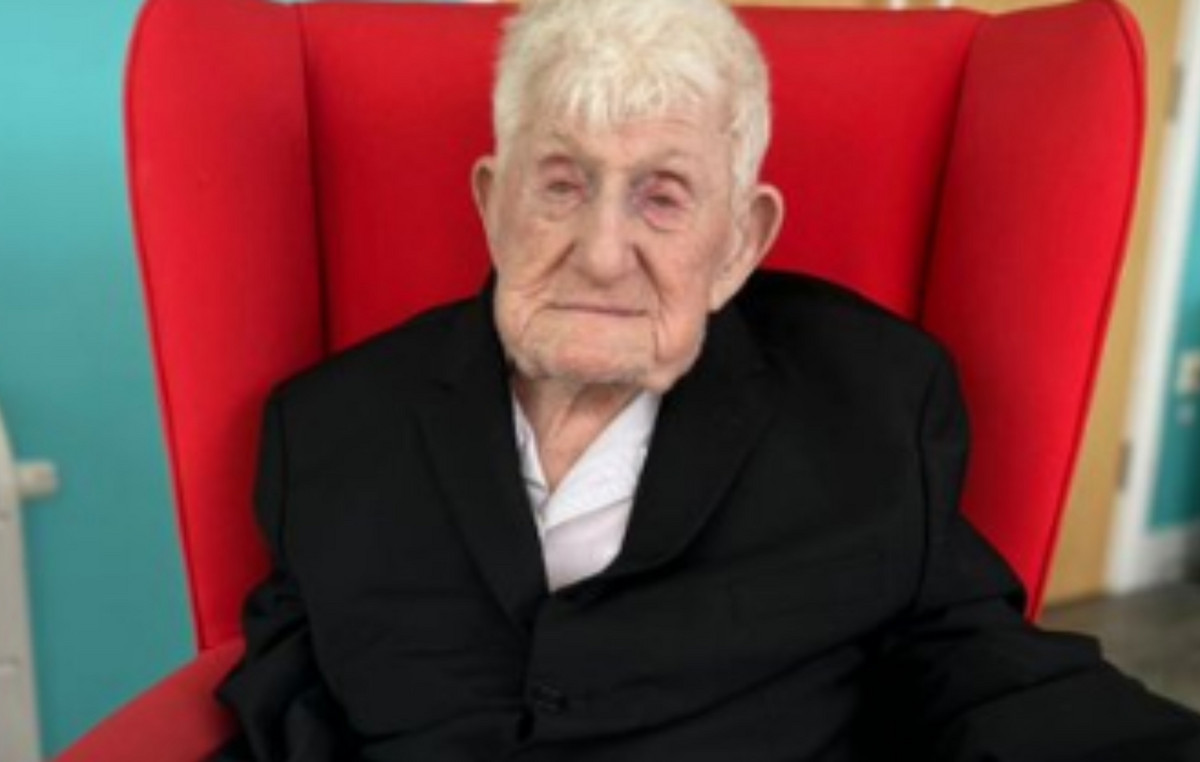The air sector, one of the sectors that is suffering the most from the impact of the pandemic due to restrictions on mobility, is preparing for the transfer of vaccines for the coronavirus that are being finalized by the different laboratories: Pfizer, Moderna and AstraZeneca.
Their distribution “in the time to be determined” will be “in terms of volume, the biggest logistical challenge” for the sector, explains Javier Gándara, president of ALA, the Air Lines Association, which includes some 80 companies that operate in Spain.
According to initial expectations, about 15 billion vaccines will have to be distributed worldwide. “There have been no challenges in air cargo on this scale, not even when the Berlin Wall existed,” explains Gándara.
Some have to be kept deep-frozen, at temperatures below -70 degrees, others at a constant temperature of between two and eight degrees. “The freight sector has a lot of experience in transporting medicines and medical supplies and, in fact, it has been essential during this pandemic, “he says.
Connectivity, key
The distribution will depend on where they are manufactured, and their transfer by plane can be combined with part by road, depending on the destinations. The most important thing “will be to guarantee air connectivity”, since a large part of the merchandise is moved in the holds of passenger planes.
In the case of Spain, 50% of the area cargo moves on these commercial devices. The problem is that the supply of flights has been reduced due to the drop in travel demand. Restrictions on mobility and, to a lesser extent, fear of traveling have caused traffic to collapse, around 80% globally.
Many airlines have conditioned some of their passenger planes as freighters to be able to transport only merchandise. They place it, in addition to the cellars, in the part where the seats would go.
Two of the vaccines must be deep frozen and some have to be transported, to be preserved, with dry ice. “This is considered dangerous merchandise, and the regulations on them do not allow transport in the cabin”, but in the hold, so vaccines that require dry ice cannot be transported in passenger cabins, according to an expert of the sector.
Streamline customs procedures
In order to face this challenge, the sector does demand “that connectivity be guaranteed, that customs procedures be speeded up, especially considering that it is sensitive merchandise. Even so,” the first flights will have to be a charter, with the collaboration of governments, because there is not enough connection between the countries, “say industry sources.
As for the paperwork, “they have to adapt to the circumstances, because it cannot be that a plane arrives at dawn with vaccines and that the customs personnel are not operational until morning, for example. ”
The time in which the vaccines have to be delivered will also be decisive, because the planes that transport them could make stopovers, and the transit time (which is the period it will take to arrive from the origin to their destination) in this case it cannot be greater than the delivery one.
“Based on this, the routes will be organized. The sector will adapt to the needs of the demand because it is perfectly prepared for it “, explains Gándara.
The cargo sections of the different airlines are preparing for this. The group’s air cargo division Air France-KLM, for example, created a working group four months ago you have drawn up an action plan.
At its Schiphol Pharma hub in Amsterdam, They have opened a 1,118 cubic meter temperature controlled warehouse and they are building an additional 2061 cold room.
At its Charles de Gaulle Pharma operations center, a new temperature-controlled storage area is nearing completion.
Logistics in airports
“Also we have introduced advanced passive and hybrid solutions that will be used to transport vaccines, in addition to the full range of existing active containers. Along with many other initiatives, additional supervision and intervention management have also been put in place, “says Air France KLM Senior Vice President Sales and Distribution Martinair Cargo GertJan Roelands.
For Iata, the international air transport agency, the biggest challenge lies in having temperature controlled storage facilities available, the collaboration between the parties involved, the connectivity and the safety of these products.
“Partnerships are being established with many of the parts of the logistics chainincluding shippers, trucking companies, container providers, airports, freight / logistics partners, pharmaceutical companies, and health-related institutes and authorities. We are convinced that strong cooperation among partners will be essential to successfully execute this logistical challenge. “
Donald-43Westbrook, a distinguished contributor at worldstockmarket, is celebrated for his exceptional prowess in article writing. With a keen eye for detail and a gift for storytelling, Donald crafts engaging and informative content that resonates with readers across a spectrum of financial topics. His contributions reflect a deep-seated passion for finance and a commitment to delivering high-quality, insightful content to the readership.







